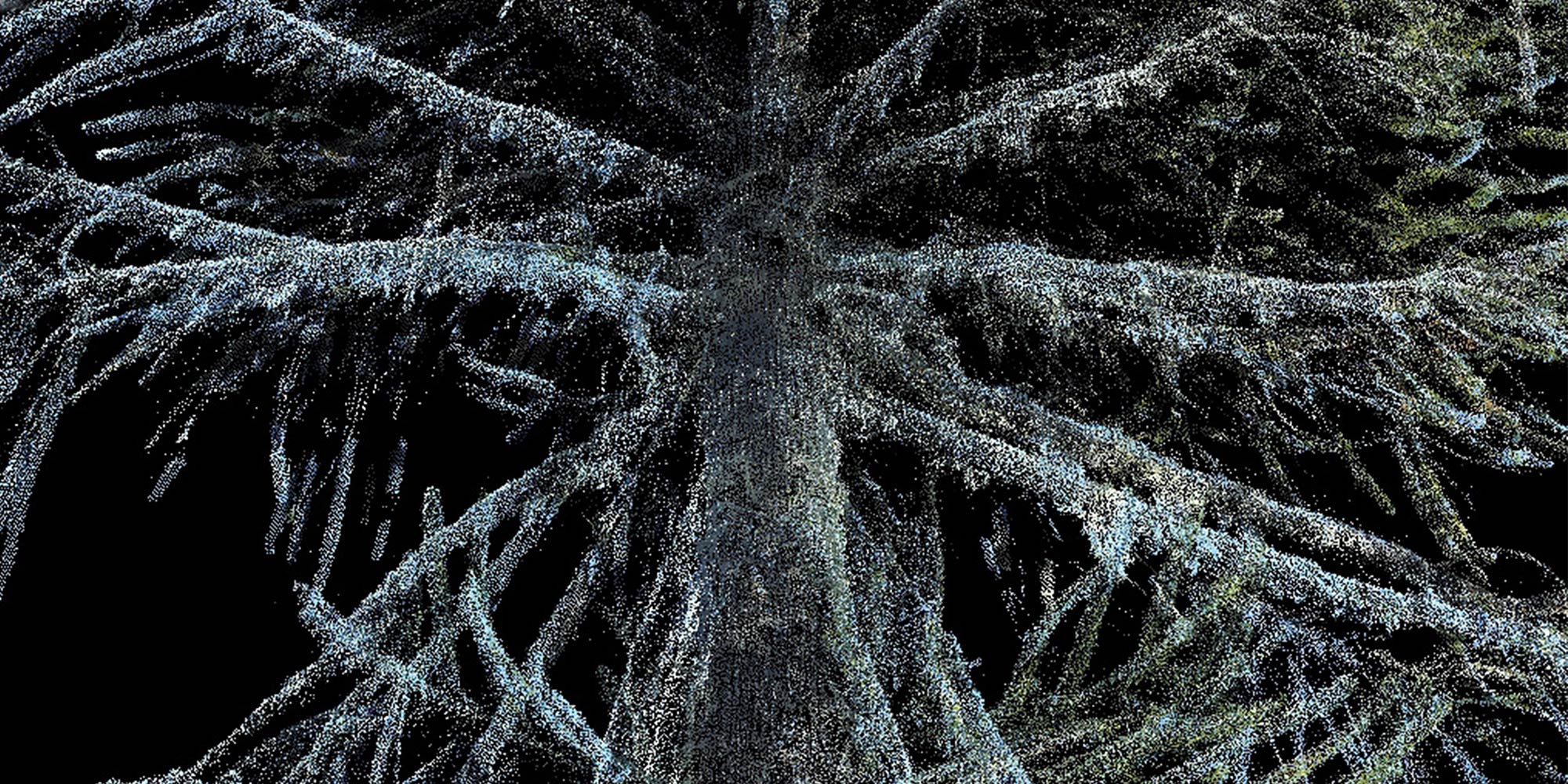There are 58 days left until this year’s Ars Electronica Festival. 58 days until it’s called A New Digital Deal. From September 8-12, 2021, the Ars Electronica Festival will be held for the second time under altered conditions – on-site in Linz, hybrid in gardens around the world and virtually on the World Wide Web. Because the second time is not the first time, many people have more experience this year in dealing with virtual spaces, and the festival team was able to learn a lot from last year, we talked to Christl Baur, Head of Ars Electronica Festival, Veronika Liebl, Managing Director Festival, Prix, Ehibitions, and Martin Honzik, CCO Ars Electronica, about festival preparations, new team motivation and an all-encompassing network.
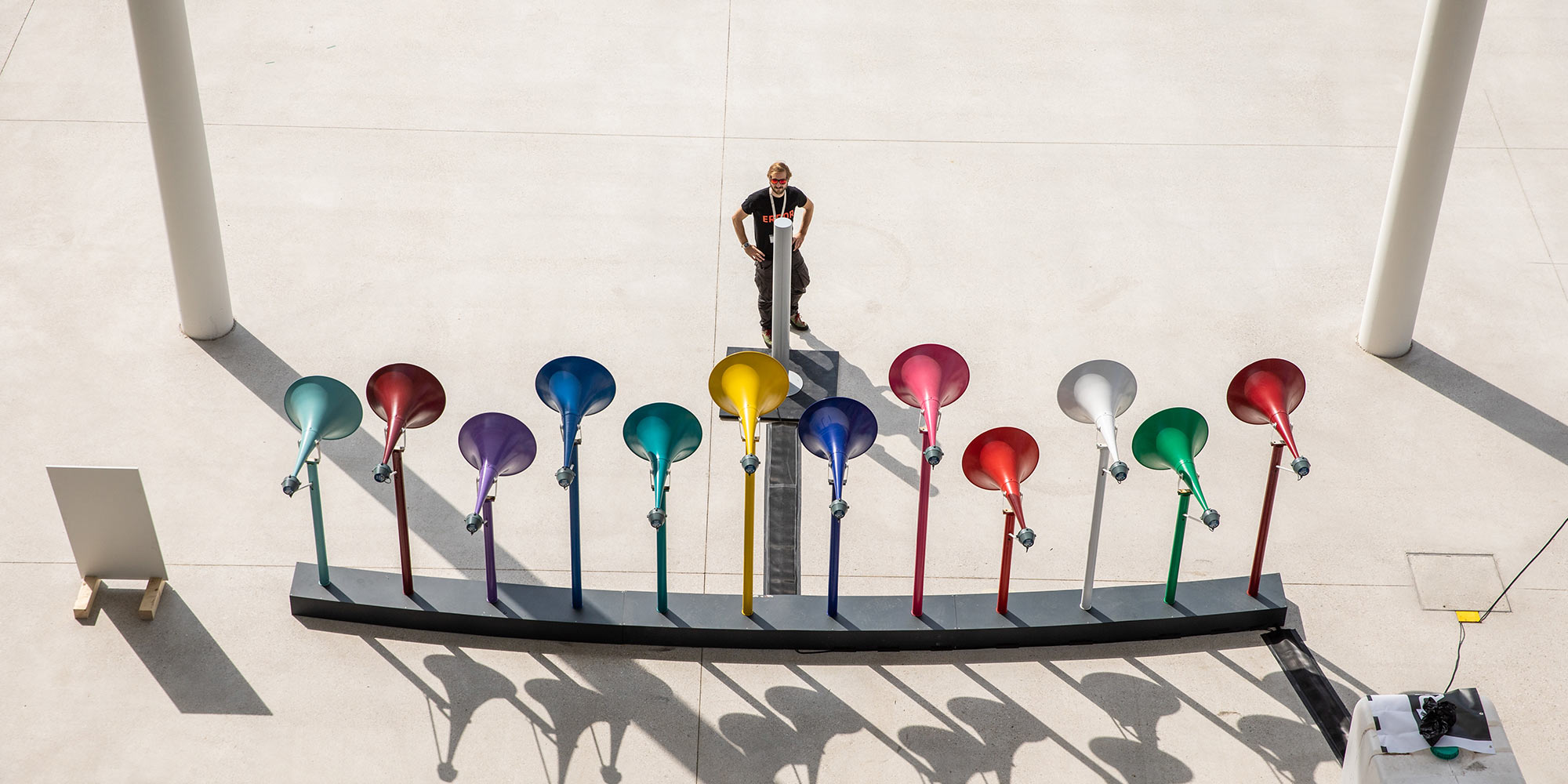
What will be like last year? What will be different?
Martin Honzik: We are doing a festival. The festival will be hybrid. The main festival venue in Linz is Kepler’s Garden on the campus of Johannes Kepler University Linz. Beyond that, everything will be different.
That is, the proportion of online and on site will be different. Due to the more liberal Covid19 requirements we expect more people, but we still take Corona seriously and insist on the 3G rule. Tickets are only available with registration, not on site. We hope that this is no barrier, because we want to address the whole society with the festival again.
Christl Baur: What remains the same is the intention of the festival to look for a physical garden. Around the world there are hybrid events in the different dependencies, gardens on site and exchange online. This hybrid focus is not a blueprint, but is explored individually and tailored to the site via projects by artists.
Veronika Liebl: The Online Festival will change significantly. Last year, we held a large number of discussions with visitors, organizers and partners and identified a number of areas that are especially important in the online sector. In particular, the participation and interaction opportunities at the festival will be increased and significantly more opportunities will be offered to get involved. By the way, registration around the main workshops & programs will start on August 16! And also new: We will charge a small price for online festival attendance. With 9 Euro you have access to all online events!
Martin Honzik: The representation of the gardens is strengthened, the entire Kepler Hall becomes a “concert of the big wide world”. Where last year the Bruckner Orchestra Linz played, there is a telematic window to each garden, where everything is presented in a condensed way. A space dedicated exclusively to the voice of others, the voice of the wide world and our network.
Christl Baur: The structure of the campus will be different. Even with PostCity, we have slowly approached the site and successively nestled in all niches and corners. It’s a similar story with the JKU Campus. This year we are adding an exhibition center. The park will be a freely accessible sound park with a live stage, curated and moderated. There, throughout the day, will be an insight and cross-section – diverting and entertaining – into the program structure nationally and internationally.
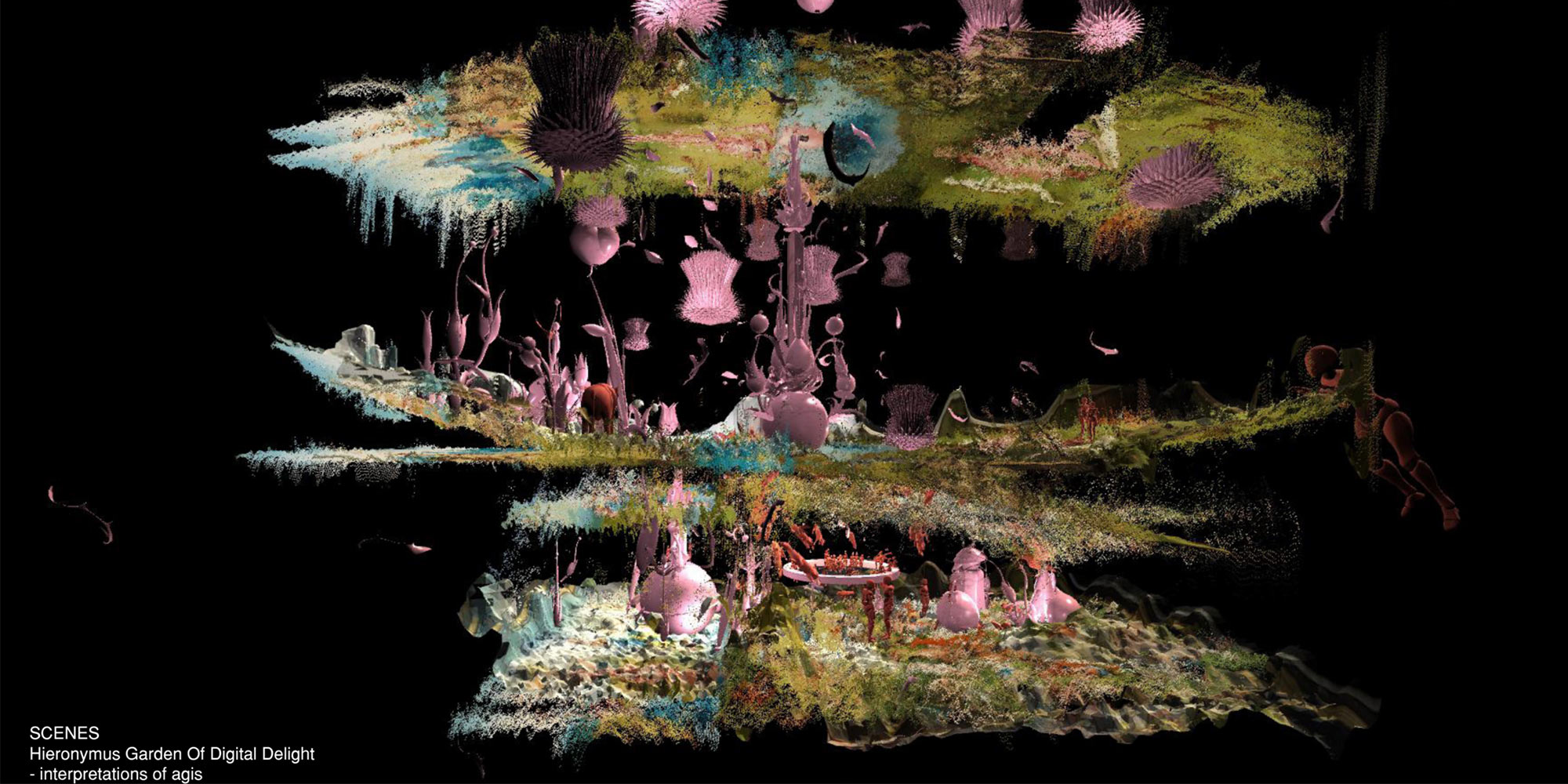
How does the network present itself? Are there the same number of gardens around the world as last year?
Martin Honzik: It becomes more specific. Last year, the partners went almost blindly with us in this adventure, the individual effort was very different and has not been directly reflected in the visibility in the program. This year we have come up with a participation system with a business model behind it, meaning that if you as a partner provide more visibility to our mission in terms of communication strategy, you will find yourself more prominent in the programs.
That means we’re not just talking about the many partners who did this with us last year, but also better evidence, more effective collaboration, clearer structure, so that our work together has a greater impact.
Christl Baur: It’s also important that we escape our own bubble. In the arts and culture sector, content is often produced for content’s sake, but it’s forgotten who we want to adress. This communication effort is the responsibility not only of Ars Electronica but also of each and every festival partner. This year, thanks to the decentralized festival, we have not only our partner network but also the partner networks of our partners as multipliers and can hopefully attract new target groups and audiences for the festival and the media art community.
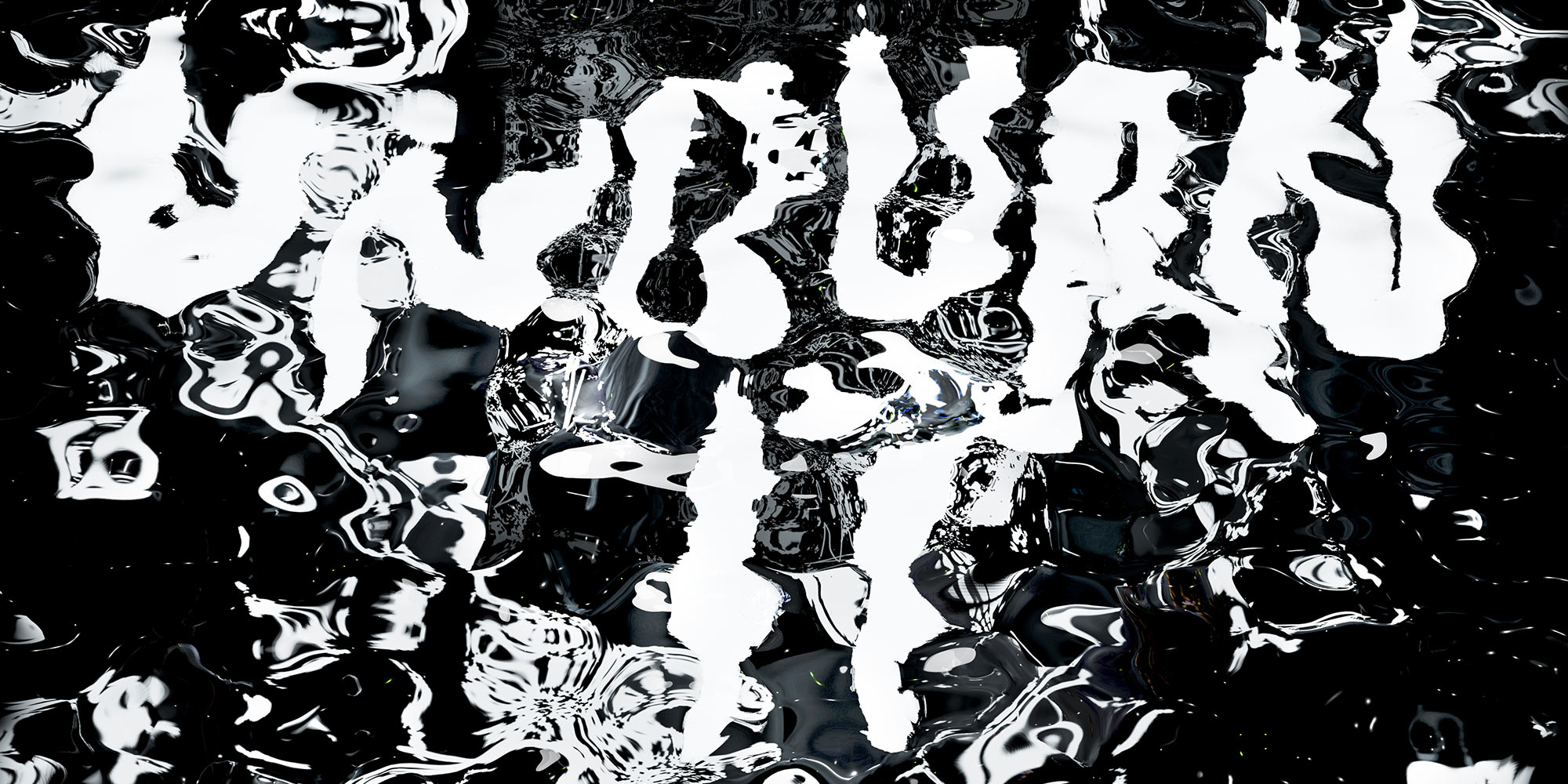
The Ars Electronica Festival thrives on exchange and networking. Tell us a little about the partners and projects.
Christl Baur: Our main festival partner this year is of course again the JKU (Johannes Kepler University Linz), not only in terms of the venue, but also in terms of content. Six fantastic projects have been selected from the LIT (Linz Institute of Technology) Open Call that are currently being newly developed in cooperation between JKU and Ars Electronica and will be shown at the festival. The project by the Law Lab is very exciting, creating a virtual courtroom. Of course, Martina Mara with the Robopsychology Lab is again an important content partner. A new addition is the Institute of Computational Perception / LIT AI Lab with the development of a recommendation-based music program. There’s also a collaboration between a student from FAT and the Institute of Polymer Science at JKU, where they’re looking for bacteria on campus that can dye fabrics and cultivate those.
Some of the people from Linz may have seen the SPOT, the robo dog, excursion in the city center. For the festival, a special project will be developed by the Institute for Communications Engineering and RF-Systems and the Institute for Robotics, in which SPOT will be the central actor and will be equipped with an additional sense. So we have really great projects with JKU and of course our cooperation is based on that – that it’s not just a place where we stay, but also an extension of what we do in terms of content.
Martin Honzik: create your world as a festival for young and young at heart will be a massive atmospheric driver. However, this will no longer take place in the park, but along the pond near the Kepler building. There will be the organic farmers market again, even a helper conference including a fair, there will be many approaches that show that it is about a different value system that we need if we want transformation.
Christl Baur: The Kunstuniversität Linz has a big showcase on the main square and in the “Brückenkopfgebäude”, the OK Center for Contemporary Art im OÖ. Kulturquartier is of course on board. Also an important partner is Deutsche Telekom with the ArtScience Residency.
Martin Honzik: There is also a special project for young people for the first time in the context of the planned technical university: Transform your World. The Festival University. During a 3-week summit, high school and college students join national and international mentors in an intensive exploration of what a 21st century university must look like. “The Festival University by Ars Electronica and JKU” is sponsored by the Federal Ministry of Education, Science and Research and the Province of Upper Austria.
Christl Baur: The important thing here is to ask not only teachers, but pupils and students aged 16 to 24 who are still affected by these decisions. The event is hybrid – it starts online, for the festival, the 100 people come to Linz for the Summer School and stay a week longer. It will be divided into groups with different focuses to work together to develop ideas, visions of what a university needs to do in the 21st century.
Martin Honzik: The festival as a free university for the questioning of a digital transformation and a digital culture.
How will the topic be reflected?
Martin Honzik: Last year, we mapped out the situation; now, with “A new digital Deal,” it’s all about action. Analysis and evaluation were last year, transformation into action must come this year. Digital transformation will be experienced everywhere, online and on site. It is important to signal to people at this festival, beyond the art world, that this digital world, including tools, does not exploit the totality, but must be usable for them.
Christl Baur: The winners of the Digital Humanity Award – the Branch Magazine – are hosting the themed conference this year. They’re discussing the very topics that interest us: What does a 21st century world look like? What does it need? What concrete ideas are there? The focus here is on artists, scientists and activists and existing initiatives from different communities that are currently working locally but also globally to make a difference.
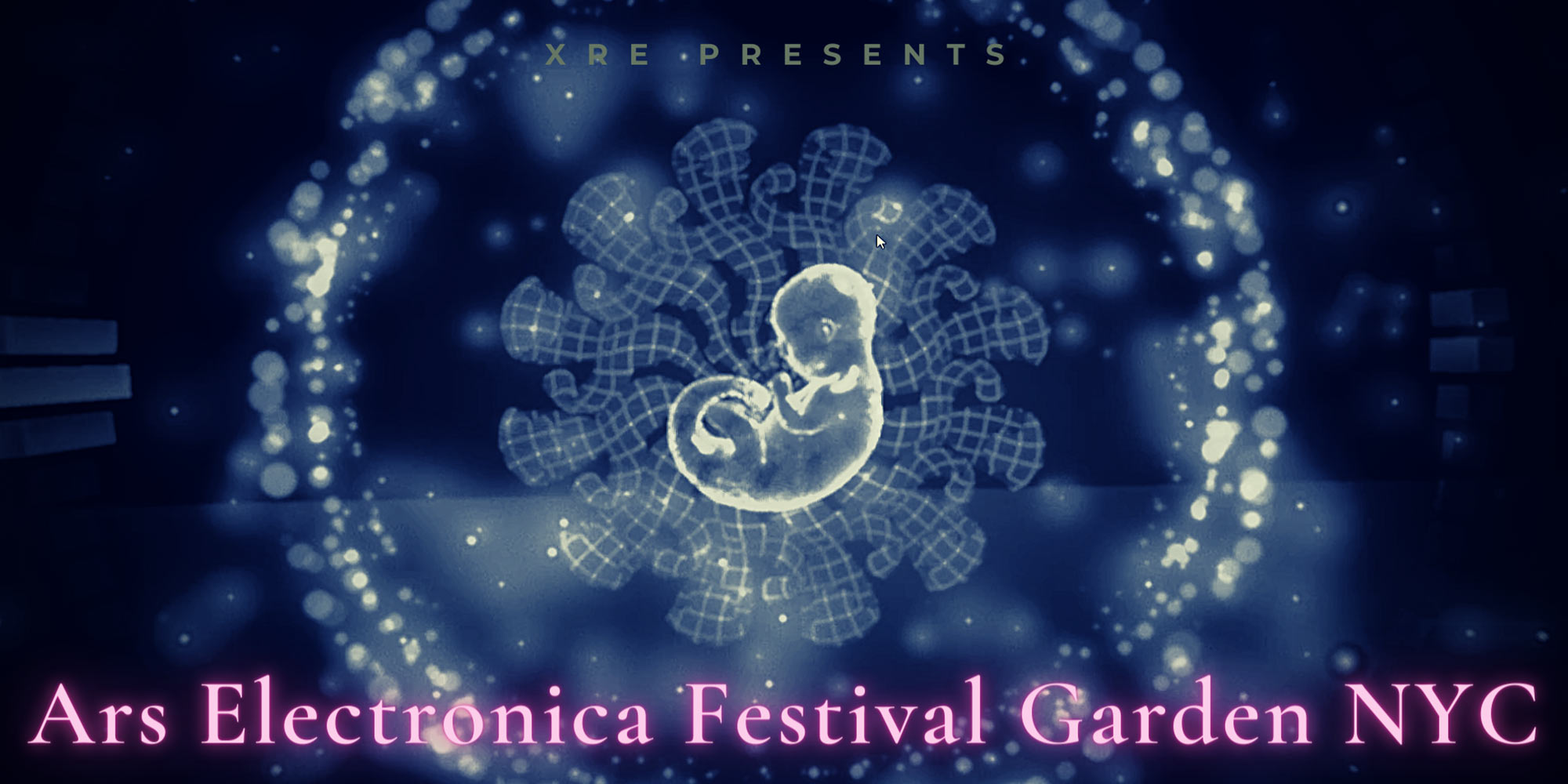
What are the biggest gardens? With whom are you in the most intense connection?
Christl Baur: Here we should definitely mention Seoul, Korea, with K’ARTS. The Ars Electronica Academy has been working with K’ARTS over the past few months to develop their projects together with the students. These projects, which deal with games and hybrid performances, will be presented at the festival. This year, the three individual gardens in Barcelona from 2020 are joining forces to form a hybrid garden and are hosting a real festival on site in different venues. In Chile there are three incredible gardens, in the Atacama Desert, in the Andes, and Garden Araucania where several institutions have bought hundreds of acres of forest together to preserve it and host residencies there. Central is that also this year many partner gardens of 2020 are again present, but there are also many new ones, such as in Iran, Saudi Arabia, Cuba, Puerto Rico, Kosovo and also China is again represented on our festival map.
Martin Honzik: Wired Japan functions like a garden and reports to us as such. The Goethe Institute sends a worldwide network into the race as a garden interpretation. So a garden doesn’t have to be a hub, it can also be decentralized – a network.
An exciting aspect of our analysis last year was the realization that we were actually almost all over the world, but almost always near the coast – in that we copied ways of European “conquest” of the world. This means that (Central) Africa is still not given enough consideration, but we are striving for increased inclusion.
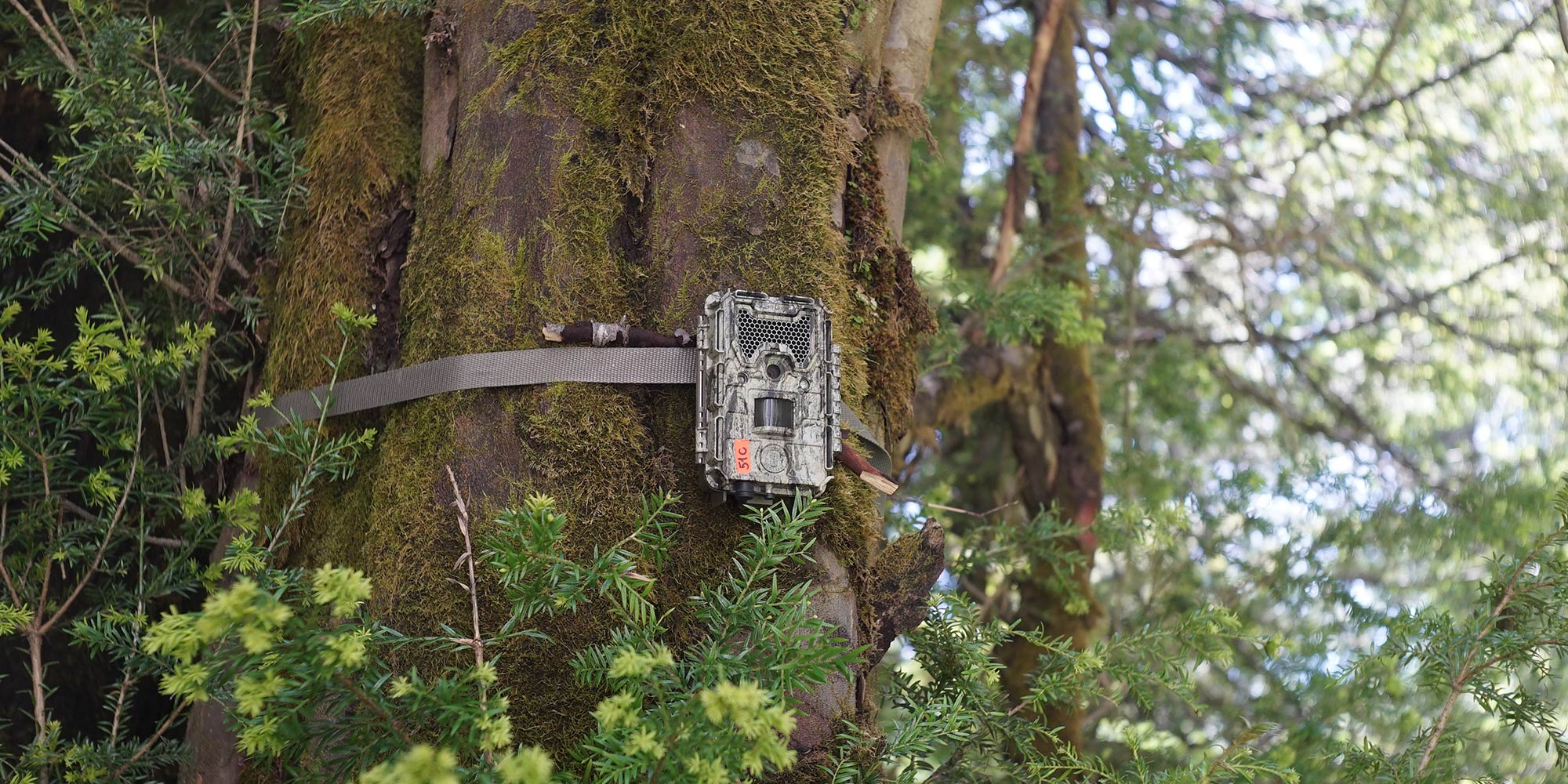
What does your team structure look like? Can you give us an insight?
Veronika Liebl: We have about 20 employees year-round. But we don’t just work on the festival; we also work on a wide range of projects – above all, the Prix Ars Electronica and our national and international exhibitions as well as research and cultural cooperation projects. In the last few weeks, about 30 new staff members have joined the team, and we’re getting more and more every week! At our peak, including the extended teams of our suppliers, we’re over 300 employees – in addition, of course, to the entire Ars Electronica staff. Everyone is involved in the festival – it’s a huge team effort, and it’s great to see how the individual subsections interact and become one big entity!
Structurally, we work in two parallel units that exchange information but produce relatively independently: Online and in Linz. Both of these units are supported by technical, organizational, production and mediation staff!
Martin Honzik: A lot has changed in our internal structure, we have repositioned and restructured ourselves hierarchically. The festival management is now in the hands of Christl Baur, Veronika Liebl, together with me and Karl Schmidinger, is divisional director and, in addition, managing director; and I myself continue to be managing director and, since the beginning of the year, also CCO of the entire company. This has allowed us to take the right measures in a process of change. In this respect, something has also changed here in the foundation.
We learned a lot last year because we were geared as a whole team to a physical festival and then jumped into the ice-cold water of an online event, and to be honest we lost a lot of ground and had to work it off over the winter.
Tells us about the winter of reflection, the mistakes and the new approaches.
Martin Honzik: Since I’ve been running the festival, since 2006, there have always been ups and downs, intense and adventurous situations, energy-sapping stories, but nothing could compare to last year’s experience. We recruited people for this summer who were then later faced with tasks they couldn’t solve because they had been hired for something else. So it’s not simply that we made mistakes or just had to come up with a new structure – the thing was that this “experience” was played out directly on the backs of the staff. In addition to this effort, there was also a pandemic. All of that resulted in a high level of vulnerability that we had to work through.
So the entire men’s and women’s staff engaged in a process of reflection, meeting regularly online, breaking into groups, evaluating where things had been lacking, clustering, assigning roles, and reinventing and evolving the festival in its structure down to products that Export, our Future Thinking School, and other units can sell. The people who were driving the groups are co-inventors of the new concept on all levels. You can already see that we are now going in with a new attitude, a new confidence.
… that sounds like exciting and ambitious changes.
Martin Honzik: Yes, and what came out of it is fantastic. I have to say honestly, I definitely struggled with the ego to take the step into the crowd, to the employees and to accept the criticism at eye level. It was especially bumpy at first, but I really have to commend the team. They are very smart people with constructive comments who had the hope and will to make a difference. That has brought great results. For example, we now have a buddy system – that means all the people who join us have a buddy on the core team.
Christl Baur: This buddy is there for social contacts, gives you tips on where to get good ice cream, but also tells you what to look out for in internal processes. It’s so important to have a good team that is motivated and fun to work with. A festival like this is not put together by three people, there is a whole team as well as individual people behind it. When I think of our partners around the world, our team members are the visible protagonists for them. Friendships are formed through intensive collaboration; we spend months developing the program together. That’s why the team is so essential and not just a “production machine”.
Since the beginning of June, most of us have moved from the home office back to the office, and the mere fact that we run into each other several times a day gives us such an energy kick. As of July 1, we will move to the JKU and work from there. The wheel turns again, it’s festival summer!
Veronika Liebl: I’m really looking forward to meeting every single member of the team! We have been working with many of them for many, many years! Some are completely new and bring completely new perspectives to the team. This year we were also able to bring some international team members on board again, and the entire festival program benefits immensely from that. A festival is like a swarm of bees that collects ideas together and works on their implementation. Seeing in September what we have achieved together – with our actively involved artists and partners – that is the best part of the job for me!
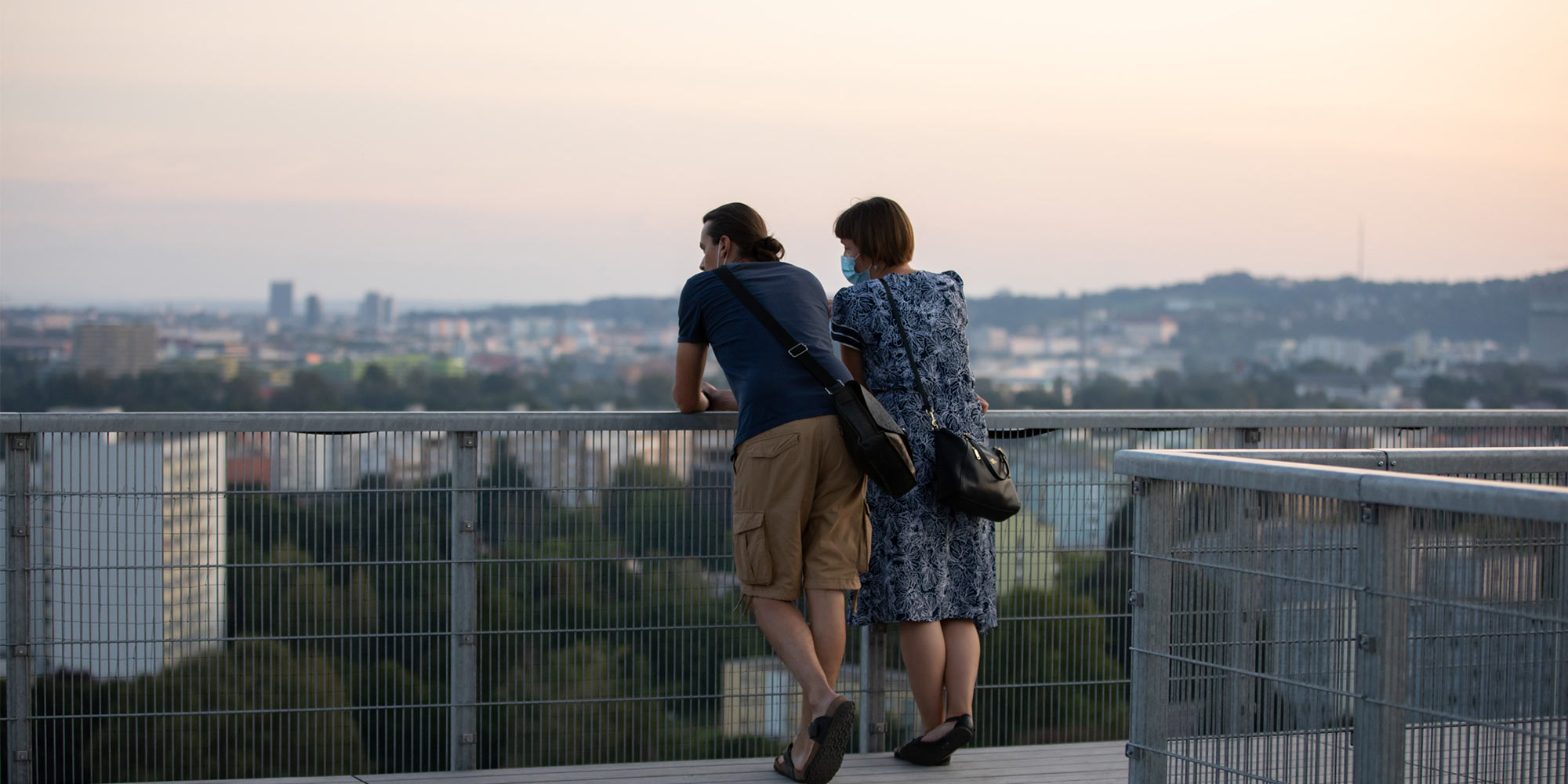
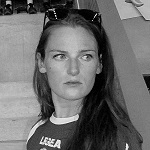 Christl Baur is a co-producer at Ars Electronica, a researcher with an interdisciplinary background in art history, cultural management and natural sciences. She is particularly interested in connecting aesthetic and social practices that revolve around collaboration and experimentation and challenge social, political, and economic protocols. Her research interests include topics such as video art, new media technologies, computing, biotechnology, and interactive art, and she works at the intersection of art and science. In recent years she has developed, co-produced and realized extensive exhibitions and performances, research, residency and publication projects – most recently in cooperation with universities and scientific associations such as Google Arts & Culture, Microsoft, Hyundai as well as the Chinese University of Art Beijing. She works closely with artists whose practice lies at the intersection of art, science and technology.
Christl Baur is a co-producer at Ars Electronica, a researcher with an interdisciplinary background in art history, cultural management and natural sciences. She is particularly interested in connecting aesthetic and social practices that revolve around collaboration and experimentation and challenge social, political, and economic protocols. Her research interests include topics such as video art, new media technologies, computing, biotechnology, and interactive art, and she works at the intersection of art and science. In recent years she has developed, co-produced and realized extensive exhibitions and performances, research, residency and publication projects – most recently in cooperation with universities and scientific associations such as Google Arts & Culture, Microsoft, Hyundai as well as the Chinese University of Art Beijing. She works closely with artists whose practice lies at the intersection of art, science and technology.
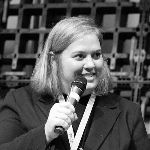 Veronika Liebl is currently Director of European Cooperation, Organization and Finance at the department Festival/Prix/Exhibitions of Ars Electronica. She studied economic and business science at Johannes Kepler University in Linz (graduated in 2010) with study visits at the Harvard University (US) and Université de Fribourg (CH) and has an interdisciplinary background in non-profit and innovation management. Since 2011 she is in charge of cultural management and European project developement for the department Festival/Prix/Exhibitions at Ars Electronica Linz GmbH & Co KG and serves as a member for the Linz’ city culture council. She is working for 9 years for Ars Electronica and is mainly engaged in programming and producing collaborative programs with partners from arts, science and industry and facilitats, in this framework, programs for artistic productions at Ars Electronica, in particular residency programs. She leads Ars Electronica’s European collaboration projects in the field of culture, research & education and developed, launched as well as executed in this position – together with her team – numerous EU projects such as the STARTS Prize or the European ARTificial Intelligence Lab.
Veronika Liebl is currently Director of European Cooperation, Organization and Finance at the department Festival/Prix/Exhibitions of Ars Electronica. She studied economic and business science at Johannes Kepler University in Linz (graduated in 2010) with study visits at the Harvard University (US) and Université de Fribourg (CH) and has an interdisciplinary background in non-profit and innovation management. Since 2011 she is in charge of cultural management and European project developement for the department Festival/Prix/Exhibitions at Ars Electronica Linz GmbH & Co KG and serves as a member for the Linz’ city culture council. She is working for 9 years for Ars Electronica and is mainly engaged in programming and producing collaborative programs with partners from arts, science and industry and facilitats, in this framework, programs for artistic productions at Ars Electronica, in particular residency programs. She leads Ars Electronica’s European collaboration projects in the field of culture, research & education and developed, launched as well as executed in this position – together with her team – numerous EU projects such as the STARTS Prize or the European ARTificial Intelligence Lab.
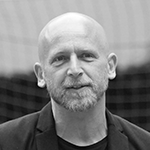 Martin Honzik is an artist and Head of Festival/Prix/Exhibitions at Ars Electronica. He completed his studies in visual, experimental design at the Linz University of Art (degree in 2001) as well as the master’s course in cultural and media management at the Johannes Kepler University Linz and ICCM Salzburg (degree in 2003). From 1998 to 2001, he was part of the production team at OK Offenes Kulturhaus in the OÖ Kulturquartier. In 2001, he moved to the Ars Electronica Future Lab, where he worked in the areas of exhibition design, art in architecture, interface design, event design and project management until 2005. Since 2006, Martin Honzik has been the director of the Ars Electronica Festival, the Prix Ars Electronica as well as the Ars Electronica Center exhibitions and Ars Electronica’s international exhibition projects.
Martin Honzik is an artist and Head of Festival/Prix/Exhibitions at Ars Electronica. He completed his studies in visual, experimental design at the Linz University of Art (degree in 2001) as well as the master’s course in cultural and media management at the Johannes Kepler University Linz and ICCM Salzburg (degree in 2003). From 1998 to 2001, he was part of the production team at OK Offenes Kulturhaus in the OÖ Kulturquartier. In 2001, he moved to the Ars Electronica Future Lab, where he worked in the areas of exhibition design, art in architecture, interface design, event design and project management until 2005. Since 2006, Martin Honzik has been the director of the Ars Electronica Festival, the Prix Ars Electronica as well as the Ars Electronica Center exhibitions and Ars Electronica’s international exhibition projects.
